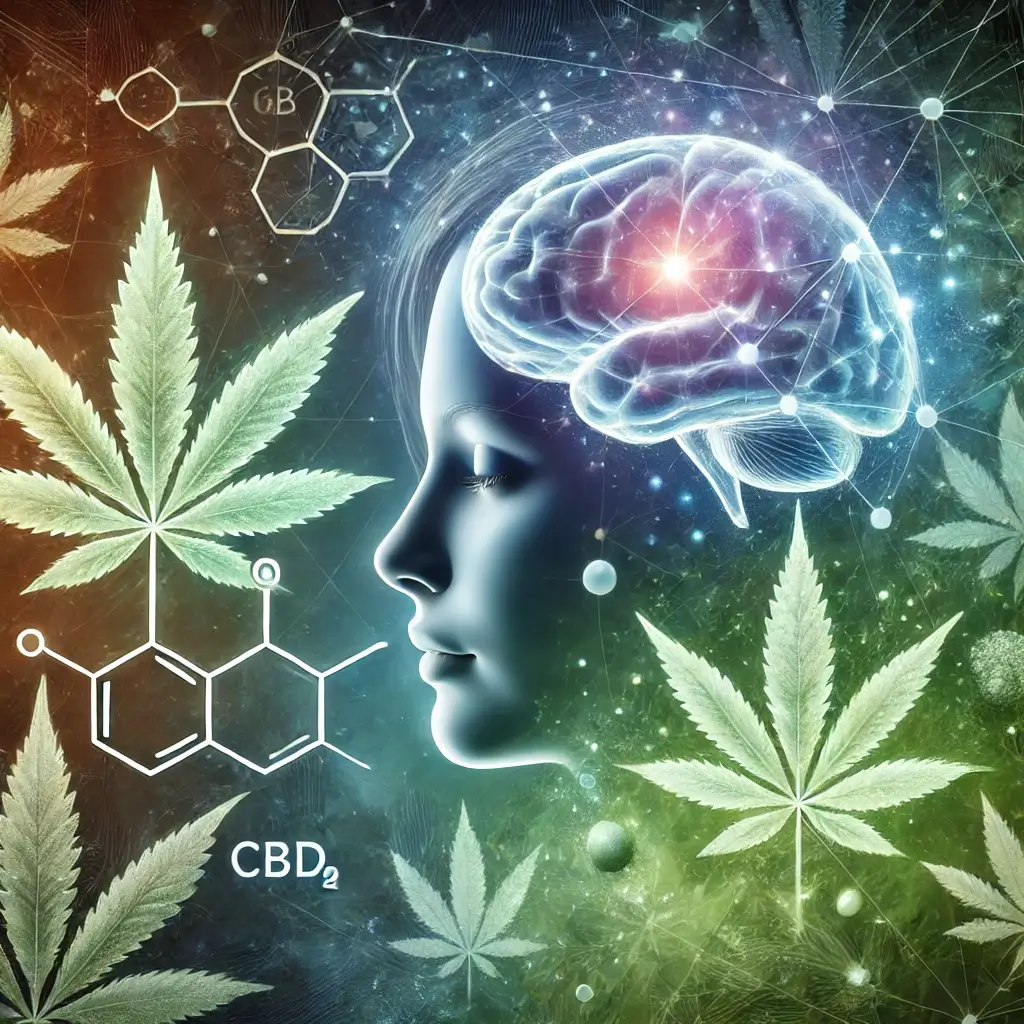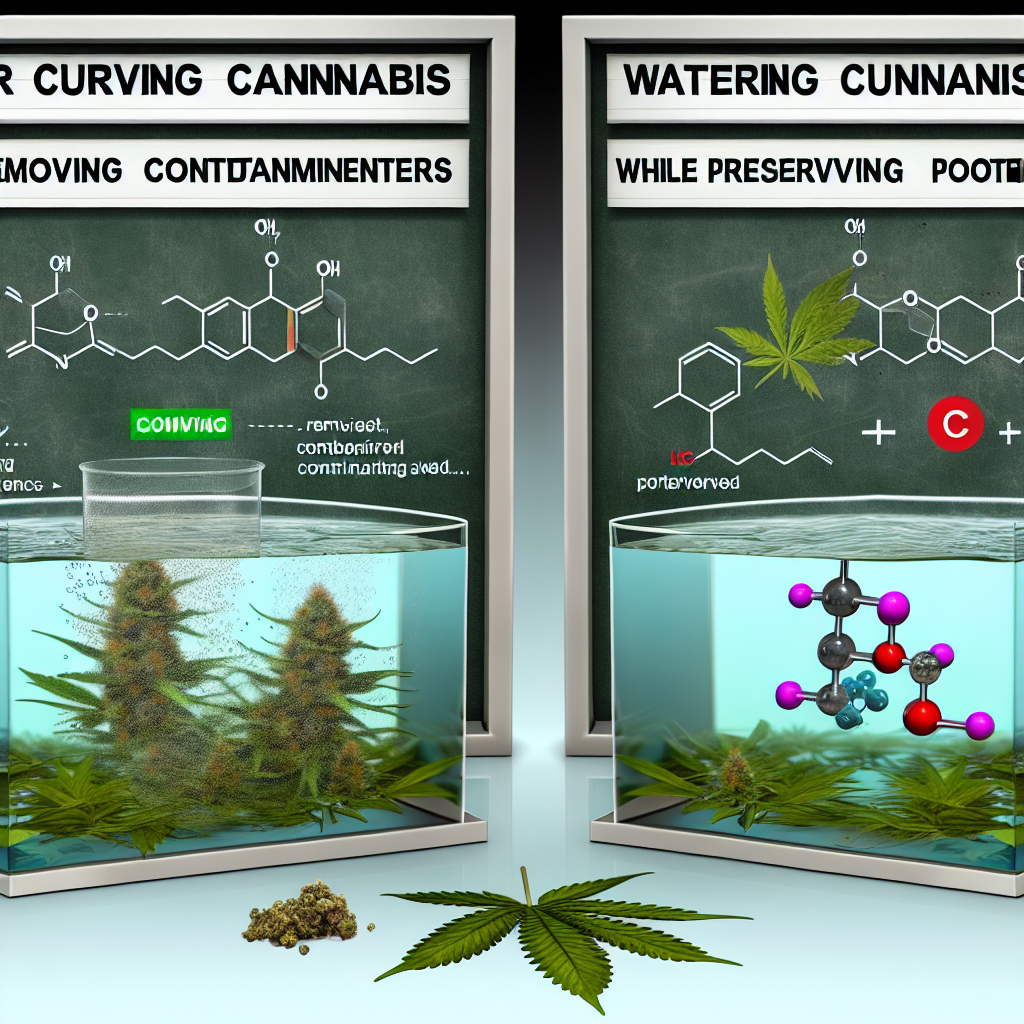Understanding Depression and Alternative Treatment Options
Depression is a complex mental health condition that affects millions of people worldwide, impacting both emotional and physical well-being. Traditionally, treatment options for depression have included antidepressants, psychotherapy, and lifestyle adjustments. However, these approaches don’t work for everyone, with many patients experiencing limited relief or unwanted side effects. In recent years, interest in alternative treatments has grown, with cannabis emerging as a potential option for managing symptoms of depression. This article explores the science behind cannabis and its components, particularly cannabinoids like CBD (cannabidiol) and THC (tetrahydrocannabinol), in relation to their impact on mental health.
The Role of Cannabis Components in Mental Health
Cannabis contains a variety of compounds, including cannabinoids, which interact with the endocannabinoid system in the body. This system plays a crucial role in regulating mood, stress response, and emotional resilience. While THC is the psychoactive component responsible for the “high” associated with cannabis, CBD has shown potential in clinical settings for alleviating mood disorders without the intoxicating effects. Scientific research into cannabinoids suggests they may influence mood by modulating neurotransmitters like serotonin, enhancing neuroplasticity, and reducing inflammation—factors often associated with depressive symptoms.
Legislative Changes and Research Development
Given the rise in research and anecdotal evidence, lawmakers in some regions have begun to re-evaluate cannabis’s legal status for medical purposes. This shift has led to changes in legislation aimed at increasing access to cannabis-based therapies for patients with mental health issues. With more funding directed towards research, a better understanding of cannabis’s potential in treating depression is developing. Below, we delve into the research findings and current events surrounding cannabis, mental health, and legislation.
Latest Research Findings and Neurobiological Mechanisms
Recent studies on the neurobiological mechanisms underlying cannabis’s effects on depression have revealed promising pathways. For instance, the Journal of Affective Disorders published findings in 2023 that highlight how cannabinoids influence the serotonin system, a critical component in mood regulation. By boosting serotonin levels, cannabinoids can help alleviate symptoms of depression in a manner similar to that of conventional antidepressants. Additionally, research has indicated that CBD may enhance neuroplasticity, which involves the brain’s ability to adapt and reorganize itself. This property is especially valuable for individuals with depression, as neuroplasticity can support recovery from mood disorders by reshaping neural connections affected by long-term stress or trauma.
Therapeutic Benefits and Policy Changes
Furthermore, cannabinoids exhibit anti-inflammatory properties, which are particularly beneficial given that chronic inflammation has been linked to depression. By reducing inflammation, CBD may aid in stabilizing mood and reducing depressive symptoms, offering a more holistic approach to mental health treatment. Preliminary studies have also shown that combining cannabinoids with traditional antidepressants may create a synergistic effect, enhancing the overall efficacy of treatment. For example, one longitudinal study in 2023 demonstrated significant improvements in depression scores among patients who used CBD alongside their prescribed antidepressants. These findings suggest that cannabis-based treatments could play a complementary role for patients who do not respond fully to standard therapies.
Future Prospects and Treatment Considerations
While the use of cannabis for depression treatment is still an emerging area of study, current research highlights its potential as a complementary therapy. Cannabinoids like CBD have shown promise in modulating mood, supporting neuroplasticity, and reducing inflammation—all of which are beneficial for individuals dealing with depression. However, as with any treatment, it is crucial for patients to work closely with healthcare providers to determine the best approach, including precise dosing, monitoring, and combining cannabis with other therapies as appropriate. The recent legislative changes and increased research funding signal a positive shift towards understanding and potentially mainstreaming cannabis-based therapies for mental health conditions.




